
Visitors participate in a promotional event held by Douyin, known as TikTok overseas, in Beijing. (Photo/China Daily)
Short-video app TikTok, owned by Chinese tech company Byte-Dance, has completed its deal to take control of Tokopedia, an e-commerce unit of Indonesia's biggest internet and tech firm PT GoTo Gojek Tokopedia Tbk.
Industry experts called this a key move, saying it will allow TikTok to restart what is a fast-growing online shopping business in the Southeast Asian country.
GoTo said late on Wednesday that TikTok has finished a deal agreed last December to buy 75.01 percent stake in Tokopedia for $840 million from the conglomerate.
Under the deal, the business of TikTok Shop, TikTok's e-commerce service, in Indonesia will be integrated into the enlarged Tokopedia entity.
The move came after TikTok halted its online retail operations in Indonesia as the country banned e-commerce transactions on social media platforms in September 2023, citing the need to protect local small merchants and users' data.
"Today marks the completion of a partnership with TikTok that will continue to bring benefits to Indonesia and its MSMEs (micro, small and medium-sized enterprises). It is also a big step forward for GoTo Group," said the latter's CEO Patrick Walujo in a statement.
TikTok said it views this moment as a significant milestone in its commitment to contribute to Indonesia, local MSMEs and the growth of digital economy with GoTo as a partner.
As previously announced, Tik-Tok has committed to investing over $1.5 billion over the long term to provide future funding required by the business without additional dilution to GoTo.
GoTo benefits from the growth of the enlarged entity and remains an ecosystem partner to Tokopedia, through its digital financial services via GoTo Financial and on-demand services via Gojek.
TikTok, which began rolling out its e-commerce service in Indonesia in 2021, has made forays into the United Kingdom, Malaysia, Thailand, the Philippines and Vietnam. It launched TikTok Shop in the United States in September. The service enables users to find and buy directly products featured in livestreaming broadcasts and short videos.
Indonesia is TikTok's second-largest market with 113 million users, just behind the US, which has 116.5 million TikTok users, according to data analysis company DataReportal.
Zhang Zhouping, an independent analyst who has been tracking the cross-border e-commerce sector for more than a decade, said, "TikTok's reentry into Indonesia is of great significance for the company given that Indonesia serves as a very important overseas market among TikTok's overall business layout in Southeast Asian countries."
Data from market research firm Statista showed that the penetration rate of e-commerce in Indonesia is expected to reach 85.5 percent in 2027, with the number of e-commerce users amounting to 244.7 million. The revenue from Indonesia's e-commerce sector will exceed $67 billion by then.
Zhang said, "As a social media and short video platform, TikTok has huge data flows, which lays a solid foundation for the platform to get involved in cross-border e-commerce."
However, it needs to strengthen the construction of supply chain systems and continuously adjust its development strategies in accordance with local laws and regulations, Zhang added.
Moreover, TikTok is facing intensified competition from established players in overseas markets such as Amazon and Alibaba Group's AliExpress, and some emerging cross-border platforms including Temu and Shein, which are ratcheting up efforts to expand their global presence, he said.
Temu, a cross-border online marketplace owned by Chinese online discounter PDD Holdings, has witnessed a surge in popularity among overseas shoppers. Launched in the US in September 2022, Temu offers discounted products shipped directly from China, and is now present in more than 40 countries in North America, Europe, Asia and Oceania.
Chen Tao, an analyst at internet consultancy Analysys in Beijing, said Chinese online retailers are accelerating their layout abroad to seek new sources of revenue, as growth in the domestic e-commerce sector is slowing, adding they need to grasp the demand from, and preferences of, local consumers, and place an emphasis on localized operations.















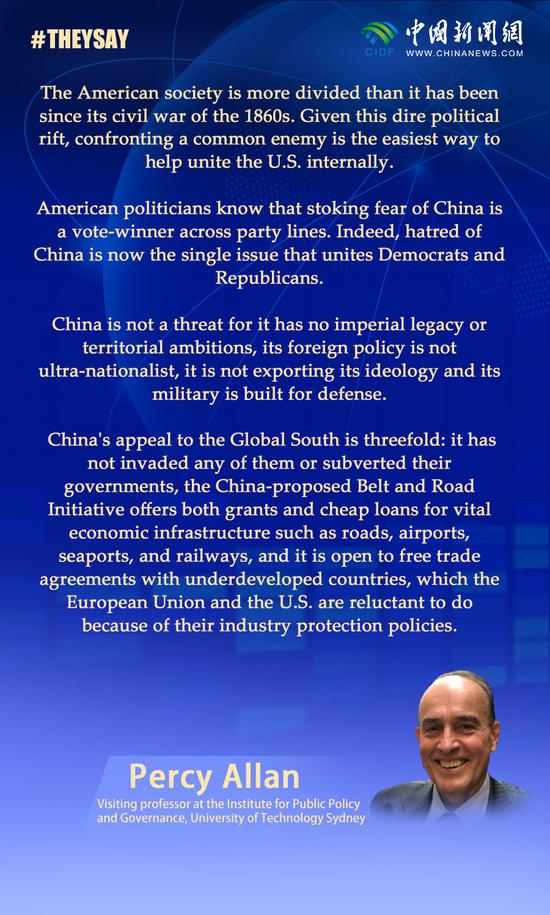
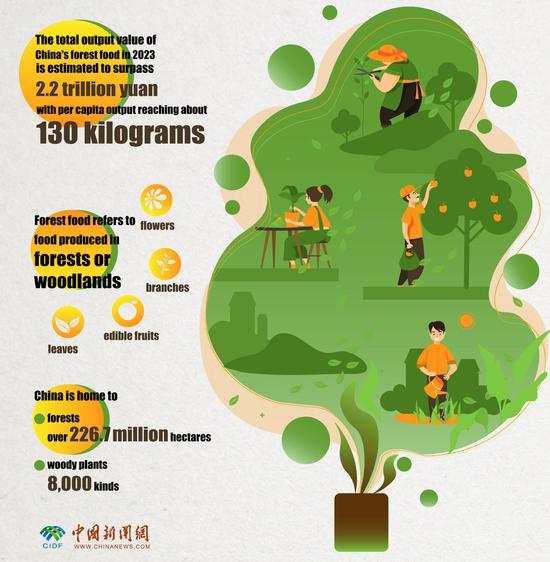





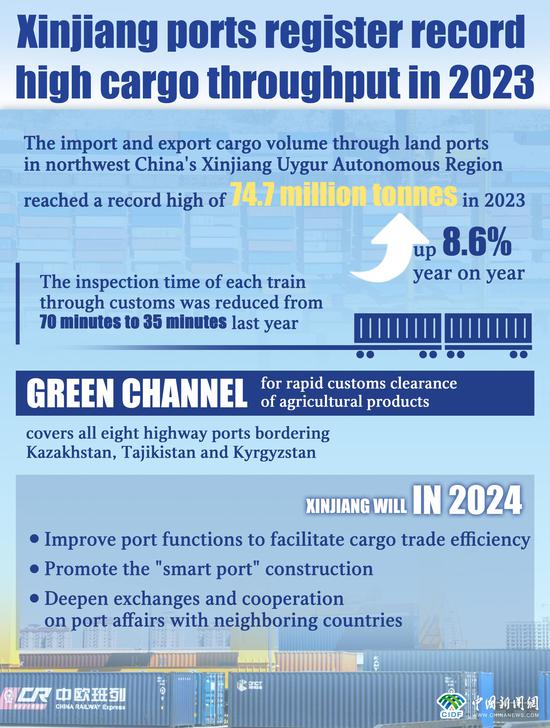


















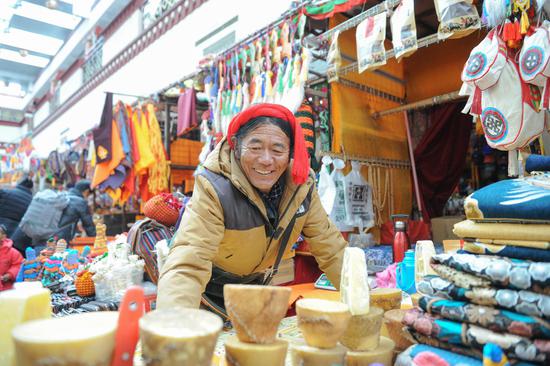

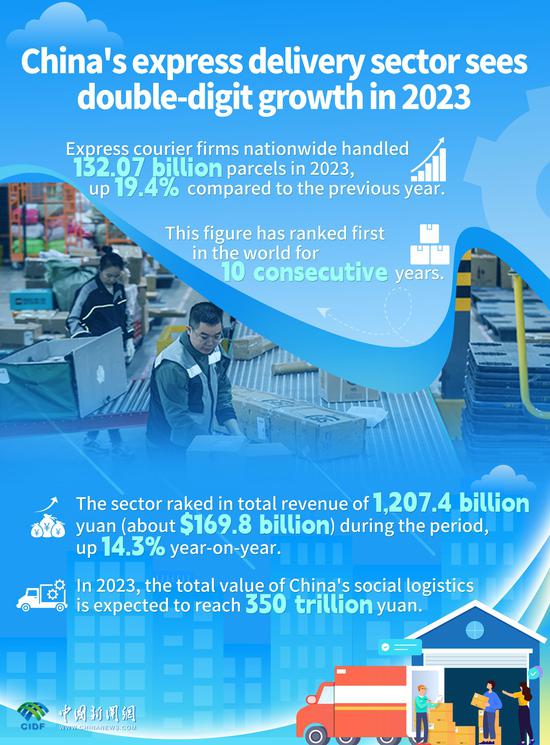





 京公网安备 11010202009201号
京公网安备 11010202009201号